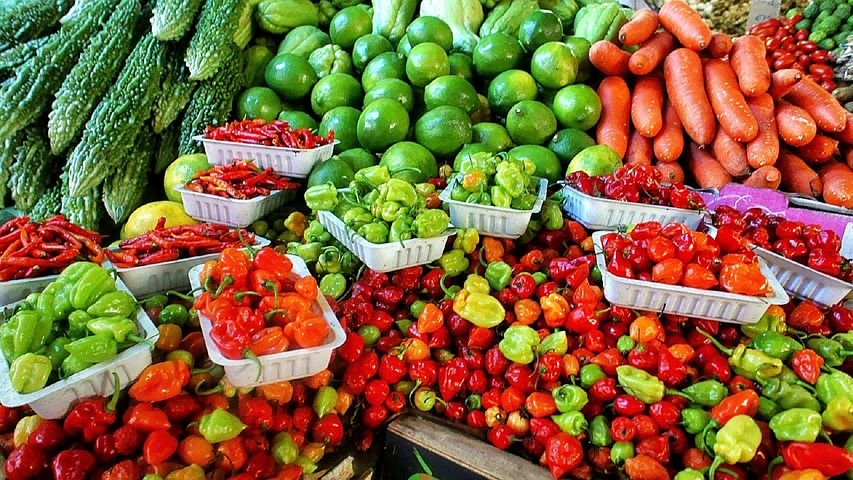

China’s e-commerce platforms have managed to boost sales of unsold agricultural products across the country despite the impact brought on markets by the novel coronavirus epidemic.

(Photo/pixabay.com)
The country’s e-commerce giant Alibaba has launched a series of measures aimed at ramping up sales. Its online shopping platform Taobao announced a special 1 billion yuan charity fund to help farmers find markets for unsold agricultural products.
Taobao has rolled out 10 measures for procurement, logistics, sales and other aspects to help farmers, such as the establishment of a dedicated line to pool information on unsold agricultural products.
The platform has launched special zones for selling agricultural products, increased the centralized purchase of agricultural products from core production areas, and made greater investments in green logistics lines for agricultural products. Taobao has also reduced sales costs of agricultural products on the platform, and helped farmers put up live broadcasts for free.
Thanks to the campaign, strawberries are now selling particularly well on the platforms, said Ma Yandong, head of the local strawberry-growing association in Donggang, northeast China’s Liaoning province, adding that 300,000 orders of strawberries have been received in six days.
Working together with the relevant departments in Guanghan, southwest China’s Sichuan province, JD Digits, the digital technology arm of Chinese e-commerce giant JD.com, has helped sellers from the largest poult market in southwest China find buyers for their produce online, after sales had stalled because of the epidemic. The real-time information platform for poult gives traders the latest information, and guarantees their legitimate rights and interests, said Liu Gang, head of the bureau of agriculture and rural affairs of Guanghan, adding that it also reduces the risk of infection by avoiding gatherings in the market.
E-commerce platforms have made full use of their advantages to help boost sales of unsold agricultural products across China, said Hu Bingchuan, researcher at the Rural Development Institute of the Chinese Academy of Social Sciences.
 Fire brigade in Shanghai holds group wedding
Fire brigade in Shanghai holds group wedding Tourists enjoy ice sculptures in Datan Town, north China
Tourists enjoy ice sculptures in Datan Town, north China Sunset scenery of Dayan Pagoda in Xi'an
Sunset scenery of Dayan Pagoda in Xi'an Tourists have fun at scenic spot in Nanlong Town, NW China
Tourists have fun at scenic spot in Nanlong Town, NW China Harbin attracts tourists by making best use of ice in winter
Harbin attracts tourists by making best use of ice in winter In pics: FIS Alpine Ski Women's World Cup Slalom
In pics: FIS Alpine Ski Women's World Cup Slalom Black-necked cranes rest at reservoir in Lhunzhub County, Lhasa
Black-necked cranes rest at reservoir in Lhunzhub County, Lhasa China's FAST telescope will be available to foreign scientists in April
China's FAST telescope will be available to foreign scientists in April "She power" plays indispensable role in poverty alleviation
"She power" plays indispensable role in poverty alleviation Top 10 world news events of People's Daily in 2020
Top 10 world news events of People's Daily in 2020 Top 10 China news events of People's Daily in 2020
Top 10 China news events of People's Daily in 2020 Top 10 media buzzwords of 2020
Top 10 media buzzwords of 2020 Year-ender:10 major tourism stories of 2020
Year-ender:10 major tourism stories of 2020 No interference in Venezuelan issues
No interference in Venezuelan issues
 Biz prepares for trade spat
Biz prepares for trade spat
 Broadcasting Continent
Broadcasting Continent Australia wins Chinese CEOs as US loses
Australia wins Chinese CEOs as US loses